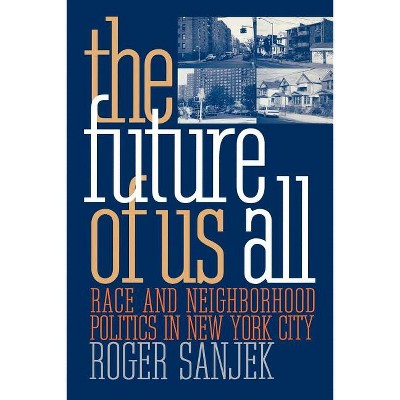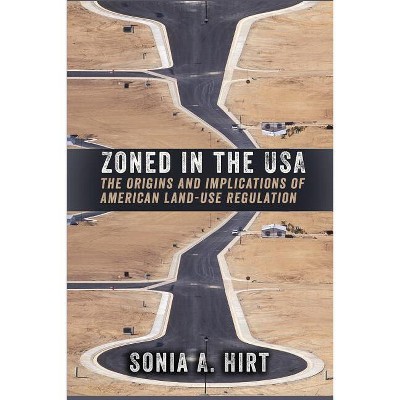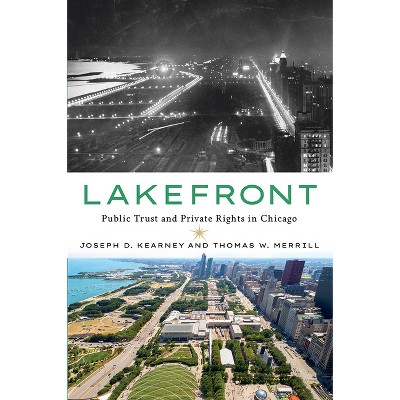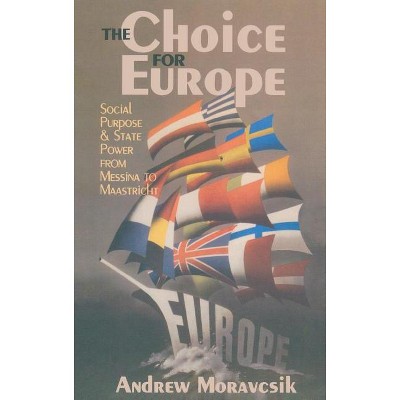Sponsored

Timing the Future Metropolis - by Peter Ekman (Paperback)
In Stock
Sponsored
About this item
Highlights
- Timing the Future Metropolis--an intellectual history of planning, urbanism, design, and social science--explores the network of postwar institutions, formed amid specters of urban "crisis" and "renewal," that set out to envision the future of the American city.
- About the Author: Peter Ekman teaches the history and theory of landscape and urbanism in the School of Architecture at the University of Southern California.
- 384 Pages
- Political Science, Public Policy
Description
About the Book
"By focusing on one influential think tank, this book contributes to our understanding of postwar urban planning and reveals how committed planners and politicians are to its 'urban crisis' model of planning"- Provided by publisher.Book Synopsis
Timing the Future Metropolis--an intellectual history of planning, urbanism, design, and social science--explores the network of postwar institutions, formed amid specters of urban "crisis" and "renewal," that set out to envision the future of the American city. Peter Ekman focuses on one decisive node in the network: the Joint Center for Urban Studies, founded in 1959 by scholars at Harvard and MIT.
Through its sprawling programs of "organized research," its manifold connections to universities, foundations, publishers, and policymakers, and its years of consultation on the planning of a new city in Venezuela--Ciudad Guayana--the Joint Center became preoccupied with the question of how to conceptualize the urban future as an object of knowledge. Timing the Future Metropolis ultimately compels a broader reflection on temporality in urban planning, rethinking how we might imagine cities yet to come--and the consequences of deciding not to.
About the Author
Peter Ekman teaches the history and theory of landscape and urbanism in the School of Architecture at the University of Southern California. He is a postdoctoral fellow at USC's Center on Science, Technology, and Public Life, and at the Berggruen Institute.











